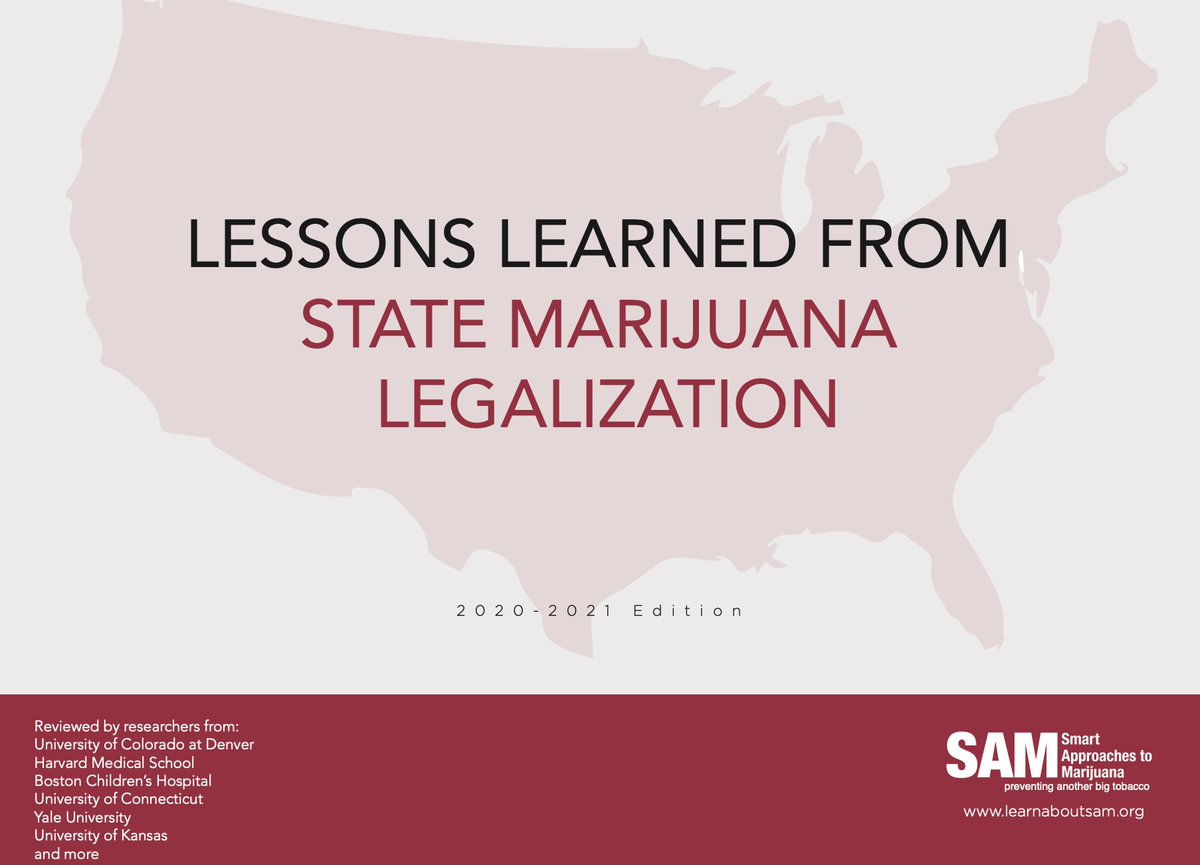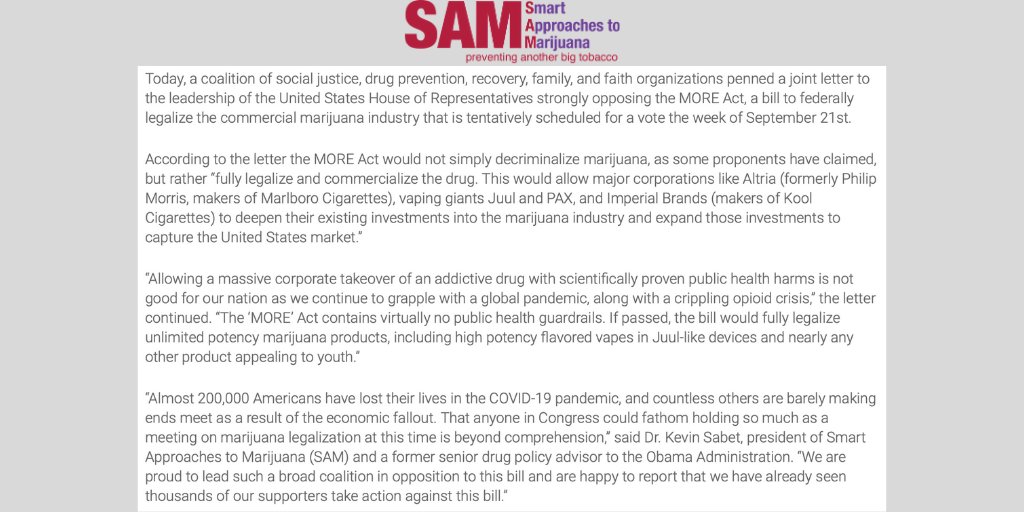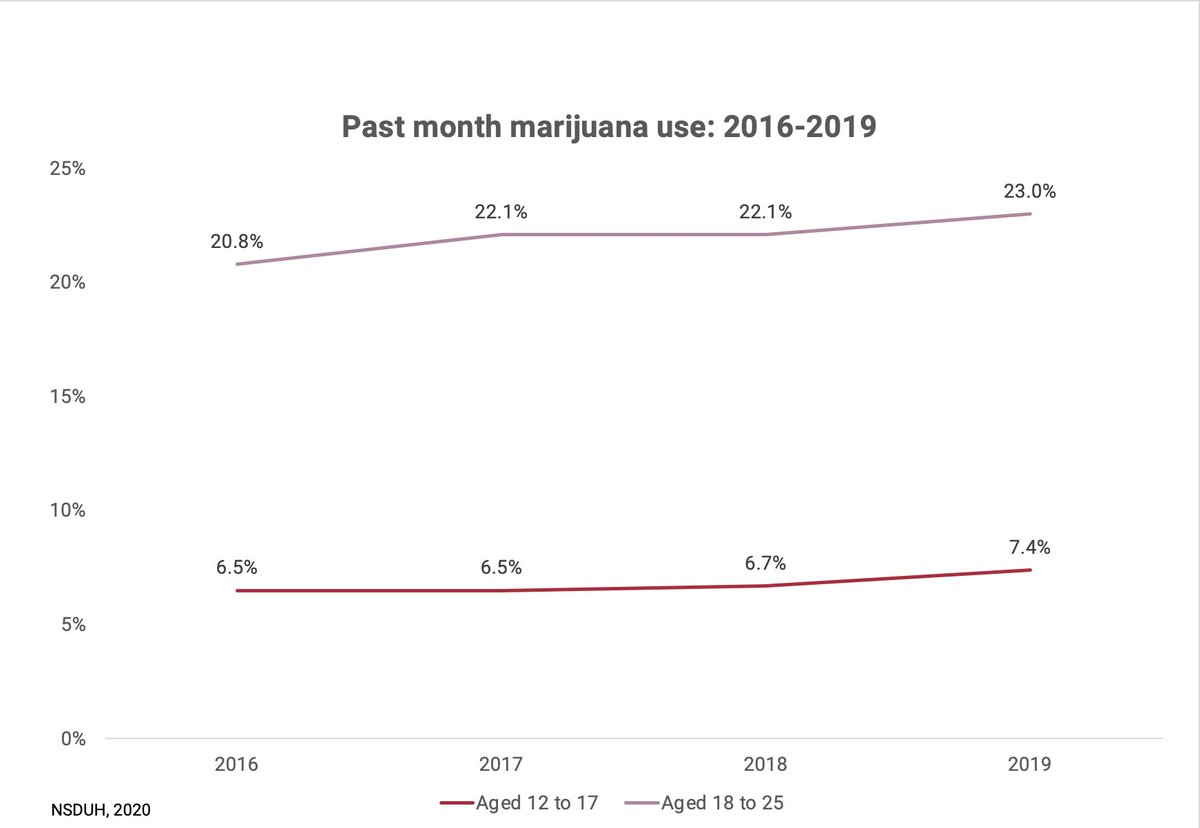When voters go to the polls and vote on marijuana legalization, they are being told a “yes” vote is for a regulated industry. This could not be further from the truth.
In reality, once commercialization is approved, the marijuana industry hires well-heeled lobbyists to roll back regulations that are put in place to protect public health and safety. This is playing out before our eyes at the moment in Washington. mjbizdaily.com/in-reversal-wa…
The Washington State Liquor and Cannabis Board instructed producers of pot-laced edibles that are appealing to kids to halt production on their products as they would be banned under new regulations taking effect in January.
These common-sense regulations were handed down by the board on the grounds that these highly-potent pot candies were highly appealing to children, as evidenced by data showing massive increases in youth exposure. wapc.org/wp-content/upl…
In 2017, there were 378 total marijuana exposures reported to the Washington State Poison Center. This number is an all-time high for reported marijuana exposures and is an increase of 87 incidents from the previous year.
Almost a third of the reported instances of marijuana exposure in the last year occur within the age group of children up to 5 years old.
Of the reported 378 instances of marijuana exposure in 2017, nearly half occurred as a result of eating marijuana edibles. learnaboutsam.org/new-data-from-…
When the decision to ban youth-targeted edibles was handed down, the pot industry was outraged. Now, due to the industry’s gravy train of lobbying investments and pushback, the board is reversing its decision.
Not only is it reversing its decision to ban edibles at this time, but it is allowing marijuana industry groups 30 days to submit their own proposed regulations. In other words, the industry is writing its own rules…
We wouldn’t want Big Tobacco, Big Alcohol, or Big Pharma to write their own regulations, but it is perfectly fine for Big Marijuana to do so?
If you think legalization means “safe and regulated,” think again. We’ve seen this all before. Let’s put #peoplebeforeprofits
• • •
Missing some Tweet in this thread? You can try to
force a refresh












